

For Poems Published in The Heron's Nest Volume 16 (2014)
Eighty-one readers of The Heron's Nest have provided us with their selections of the best poems we published during 2014. We published 487 poems in Volume 16. Of these, 298 received at least one reader nomination. Ten points were awarded for a first place nomination, nine for second, and so on.
Here are the top poems and poets as identified by these Readers' Choice Awards:
Haiku of the Year (25 nominations, totaling 188 points)
old horses
days of endless rain
in their eyes
—Ron C. Moss (December issue)
(18 nominations, totaling 116 points)
night time
in the hospice aquarium
the pulse of fish gills
—Joyce Clement (June issue)
(9 nominations, totaling 72 points)
leap year
once a year my brother dies
no matter what
—Bob Lucky (March issue)
(9 nominations, totaling 53 points)
Picasso
I see different wife
my in a way
—Ernest Wit (September issue)
52 points: "Memorial Day—" — Al Fogel — March
52 points: "wild horses..." — Chad Lee Robinson — September
49 points: "a small cabin" — Dan Schwerin — December
47 points: "the needle slips" — Francine Banwarth — March
47 points: "stained glass" — Robert Epstein — June
44 points: "part maggot" — Eve Luckring — September
44 points: "knee-high grass" — paul m. — March
44 points: "with someone" — Michael McClintock — September
43 points: "now retired" — Hilary Tann — September
42 points: "trailer park" — Burnell Lippy — September
41 points: "early spring" — Michele L. Harvey — December
40 points: "rustling leaves" — Michael Henry Lee — September
40 points: "for better or for worse" — Annette Makino — March
40 points: "at the root of all the nothingness" — Michael McClintock — December
40 points: "sun-soaked chrysalis" — Julie Warther — March
This category represents the total number of points awarded to each poet for their entire body of work in Volume 16.
Ron C. Moss: Poet of the Year (30 nominations, naming 2 of 4 poems published in Volume 16 = 226 points)
Christopher Herold: (21 nominations, naming 7 of 8 poems published = 131 points)
Joyce Clement: (19 nominations, naming 2 of 2 poems published = 126 points)
Michael McClintock: (20 nominations, naming 5 of 5 poems published = 124 points)
We congratulate the poets honored in this year's Readers' Choice Awards and offer our sincere and deepest gratitude to the readers who devoted their time, effort, and discernment to the nomination process.
It has been my privilege to judge the 2014 Peggy Willis Lyles Memorial Haiku Contest. I've selected 3 Prize Winners and 3 Honorable Mentions, and really could have selected many more. Those who have judged haiku contests will understand me when I say that the first round of selection is usually very fast—in fact, the general lot of submissions is so poor that 90% or more are easily dismissed in this first cull. Once reduced to the best 10%, the judging becomes a great deal more difficult, time-consuming and nuanced.
These same folks will envy me when I say that just the opposite has been the case this time. Fully 90% of the submitted poems (admittedly already culled by the editors at The Heron's Nest) remained in contention after my first cull, easily the highest proportion I've ever encountered in my long experience as a judge. This made the subsequent rounds of selecting even more pleasurable and difficult than usual. In truth, compelling arguments could be made for nearly all the poems submitted, and we should view this final tallying not as argument that these poems are head and shoulders above the others, but are rather first among equals.
Jim Kacian
Honorable Mentions (in no particular order)
not knowing
when I'll want it back
winter wind
Glenn G. Coats
Prospect, Virginia
above all the finch's song
Carolyn Hall
San Francisco, California
gathering clouds
the clack of a clam
on an otter's stone
John Barlow
Ormskirk, England
A great many of the poems I didn't select were outstanding examples of normative haiku. By this I mean they contained juxtaposed images that, in company with one another, resonated; followed the usual strictures of brevity, cutting, seasonality, and appeared in one or another of the usual formats appropriately; surprised, and delighted with that surprise. The poems I selected as Prize Winners and Honorable Mentions share these characteristics as well, and offer, at the same time, something just a bit more. In some instances it is difficult to say what that something more is, other than a feeling of justesse, but I think it worth an attempt all the same.
For instance, it is easy to read "not knowing" as a straightforward haiku of this quality. The "toggle" which sets it apart, to my mind, is the ambiguity of the grammar: does "it" refer to the winter wind (in which case the answer to the question might well be "never")? If it does not, then the very lack of specificity, which in many a haiku can be deemed a flaw, opens this poem away from a literal and materialistic reading, and puts into play instead a psychological dynamic. This is loan, not loss, but with an uncertainty as to recovery. In this context, the winter wind, which carries away autumn leaves and winter snow to places unknown, becomes a menacing player of the drama.
As is usual with the best monoku, "above all" offers multiple readings, which we don't realize until we've gotten through to the end. The hinge of the poem is, of course, the "above all." In one reading we can take this to mean "above the din" we can hear the song of the finch, a tribute to its clarity and timbre. In a second, we can read that this song is "above all," that is, surpassing all others. Thus the poem becomes an exultation. But once having read it through, it is impossible to untangle these meanings, making it a simultaneous poetic experience, and therein lies its "something more."
The last of these, "gathering clouds," seems almost a throwback to the days of the nature-infused haiku of the 1960s and '70s. In fact, this poem conveys (to me, at least) some of the quality of observation and tone that we find in the best of Robert Spiess's work. Against the muzziness of the overcast is contrasted the sharp, hollow "clack" of a clam being breached. We can take the gathering clouds to suggest something ominous, but in fact this is simply nature as usual, and it is our human interpretation that adds an emotional tinge to the scene. This clean staging of natural phenomena is unusual, even during the time when it was the presentation style most favored by poets working in the genre, and certainly now.
this world's
long shadow
blood moon
Ann K. Schwader
Westminster, Colorado
The "something more" of this poem is the way it plays with the reader's expectations. In general, "message" haiku fail for the same reasons that most "message" art does: such work attempts to serve two masters, the signification and the artform, and in most instances compromises one or both of these. This poem begins as though it were doing exactly that—the "long shadow" certainly seems laden with doominess for what is to be found on "this world." But when we finish reading, we realize the poem is really just the rendering of natural fact—it is indeed our planet's "long shadow" that calls forth the "blood" of the moon. But no sooner have we accepted this naturalistic rendering of the poem than we are called back by the specific word choices: a "blood moon" has long been a harbinger of incipient calamity, an omen, and it is our own "long shadow" that has brought this on. The poet's ability to keep both meanings in play without compromising the purposes of either is a rare achievement.
shortest day
spare parts
in a box
Francine Banwarth
Dubuque, Iowa
Of course the shortest day is the same length as all the others, but it is the day with the least light, and it might well seem that it is the day on which we can least accomplish our goals (to say nothing of how it feels above and below the Arctic and Antarctic Circles). No sooner are we risen but we are boxed in by the failing of the light. Ambition in the face of the inexorable darkness seems futile, though the poem states this in the simplest of terms: nothing but spare parts, not a whole anything, not an endgame in sight. The flatness of its diction contributes mightily to the effect, as does its form, run by in 8 syllables, over before we know it, with no excess to it, no spare parts of its own.
a password
to access my passwords
the hummingbird's tongue
Carolyn Hall
San Francisco, California
"a password" arrives within the context of our modern malaise, the increasing complexity of even our simplest tasks. The designs necessary to safeguard our identity, security and privacy are multiplying fractally—we require locks upon our locks. This annoying circumstance of human life is contrasted with the incredibly complex and completely natural phenomenon that is the hummingbird's tongue. The hummingbird faces the challenge of gathering nectar from a swaying blossom while hovering—could there be a more recondite puzzle? And so the hummingbird's tongue exists, the precise solution. Depending on our orientation, we might say God invented just such a tool for such a task; or we might say Nature has used selection to evolve both bird and flower into a symbiotic union. No matter how it came about, this is a marvel of job-specific engineering.
The comparison between these figures is complex as well. Is the poem arguing that we humans are as skilled problem-solvers as God or Nature needs to be? Or is it lamenting that we need to be more trusting, that we should be "as lilies of the fields," and place our trust in solutions that arise through agencies outside ourselves? Moreover, it raises questions about our own evolution: will the solutions to our problems be discovered in bits and bytes, or will we manufacture in some fashion wetware responses? Or perhaps incorporate the one in the other? Is the nature of our current evolution entirely to do with technology? And what are the consequences if it is? Considered in this way, the poem asks some very deep questions about where we, as a species, might be going.
At the same time, there is an appreciation for the intricacies involved. Buckminster Fuller defined "beauty" as "aptness to purpose." There are certainly other definitions, but granted this one, can there be anything more beautiful than such a tongue? And is there not a beauty, though rarified and abstract, in the codes—the genome, DNA sequencing, even the humble password—that now bind our lives together? So the poem is also a paean to fitness, to two very different creatures meeting their needs with a kind of beauty that ensures their future. This is a very great deal for nine words to do, but this poem, too, achieves an "aptness to purpose," and so dwells, in its own highly engineered way, in beauty.
We pleased to announce that these images have been selected, from nearly 300 submissions, to be featured in The Heron's Nest, Volume 16 (2014). The Volume 16 print edition will be issued in April 2015. Advance orders will be accepted from December 2014 through March 2015.
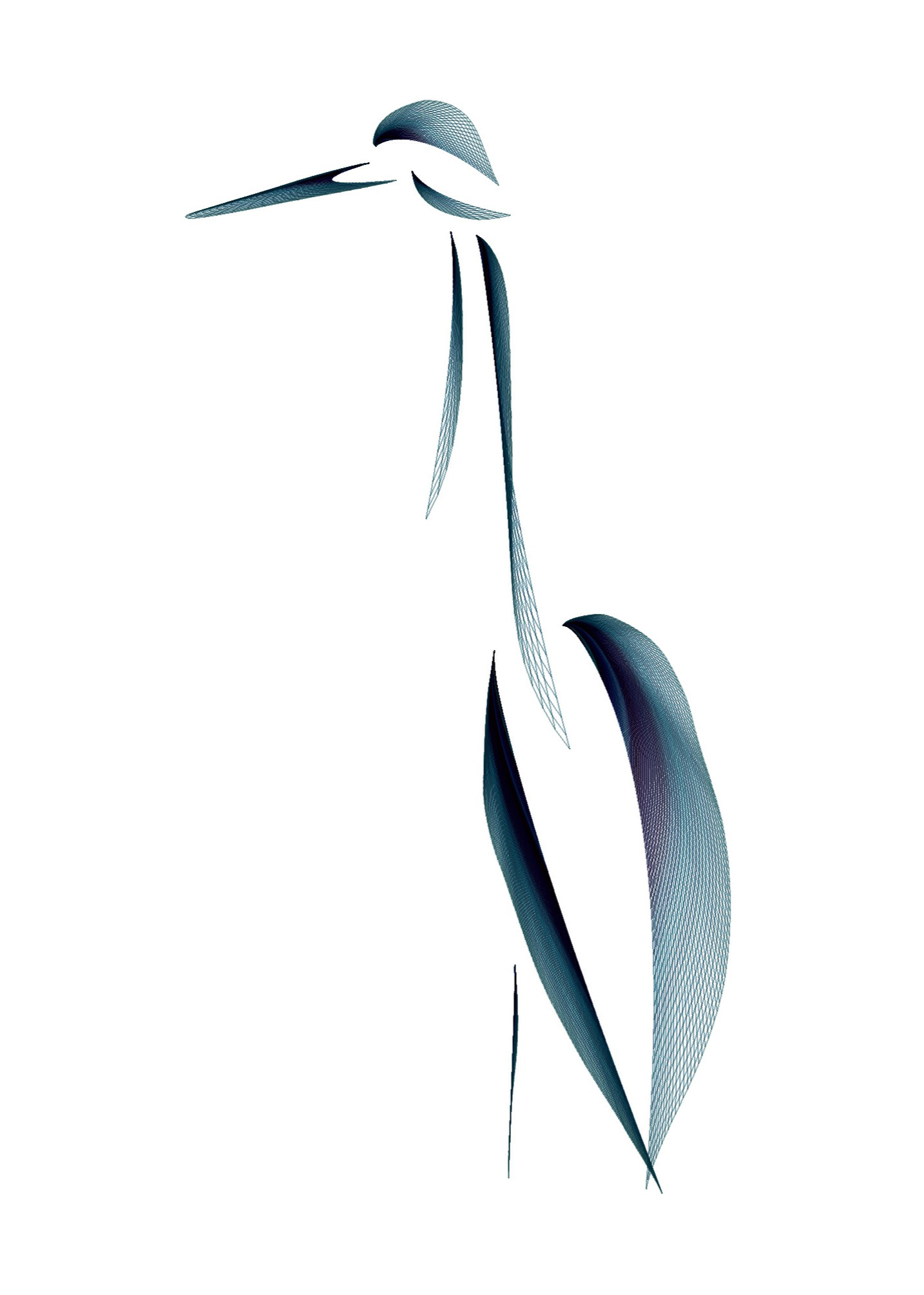
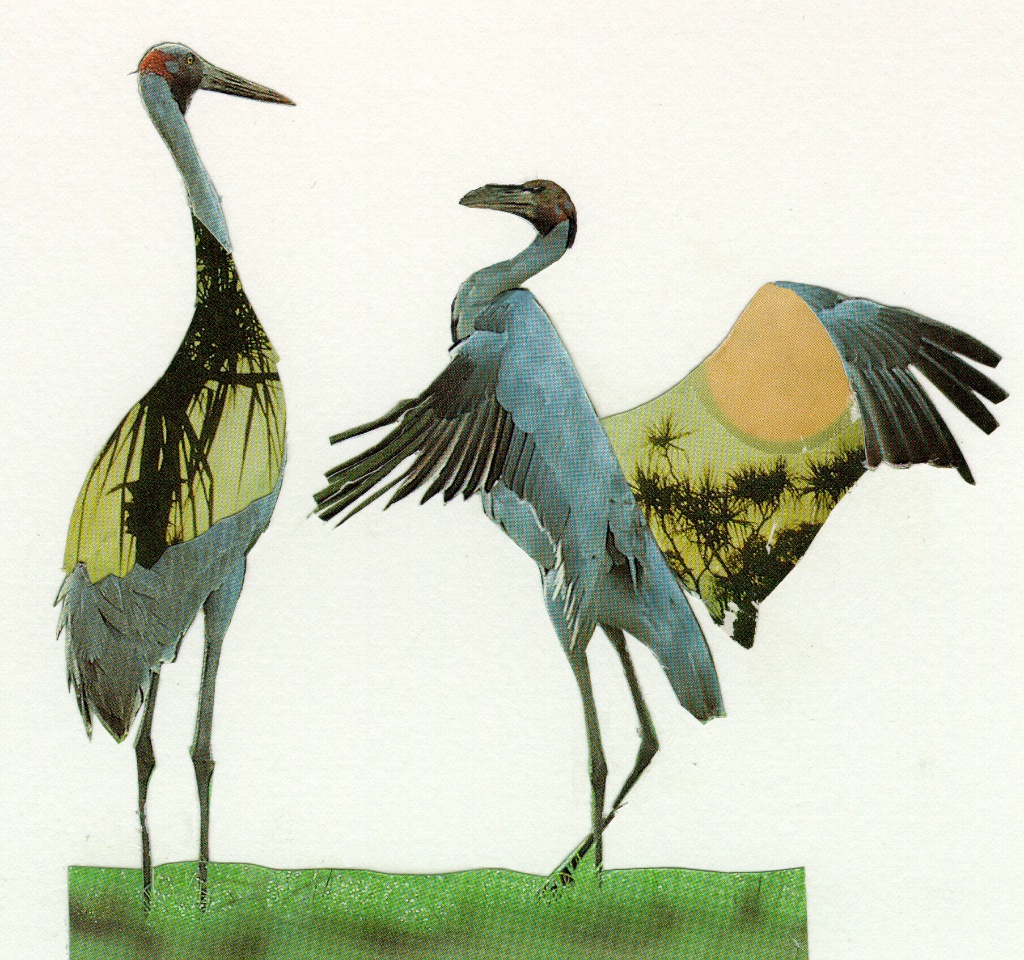
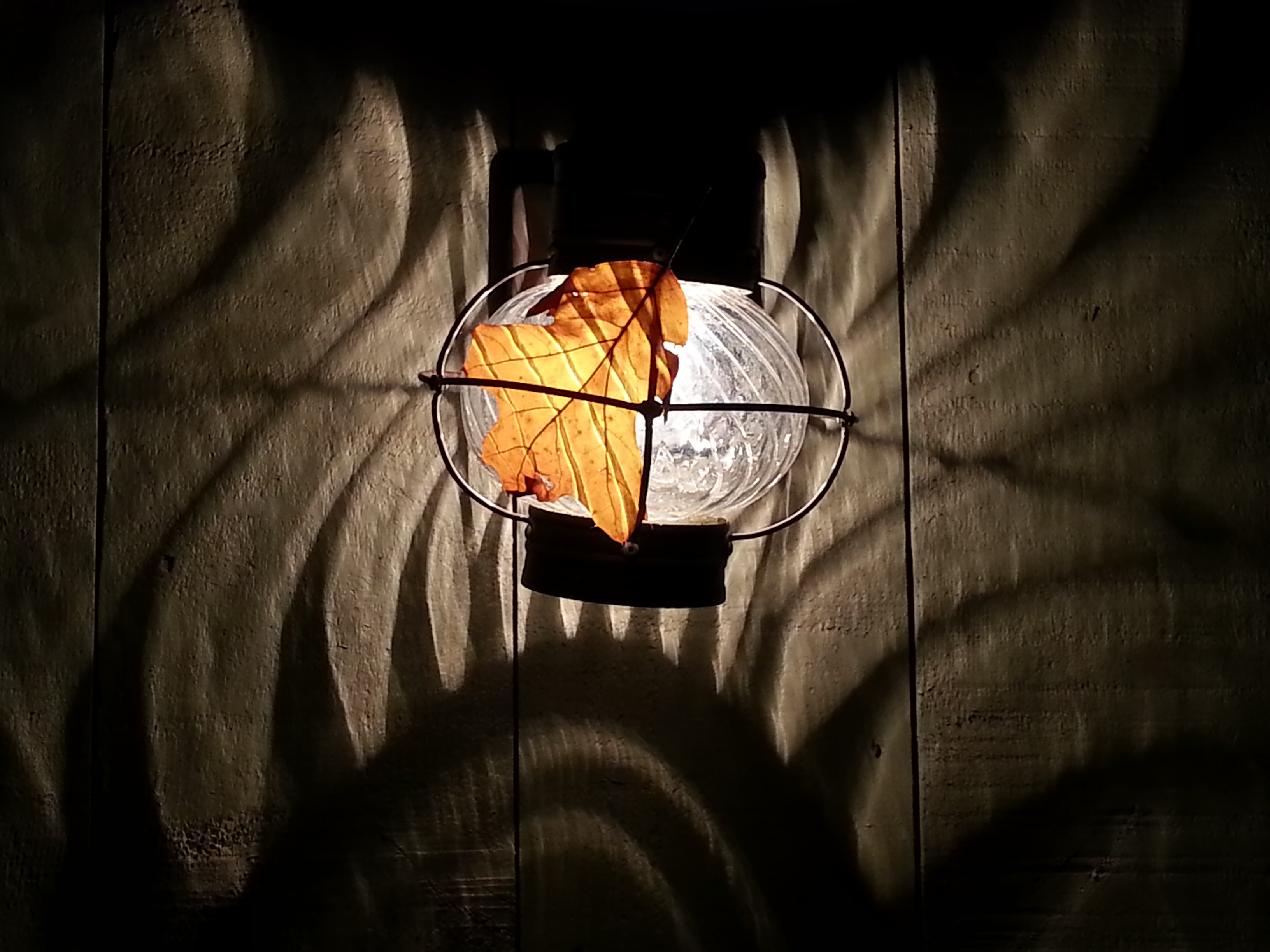
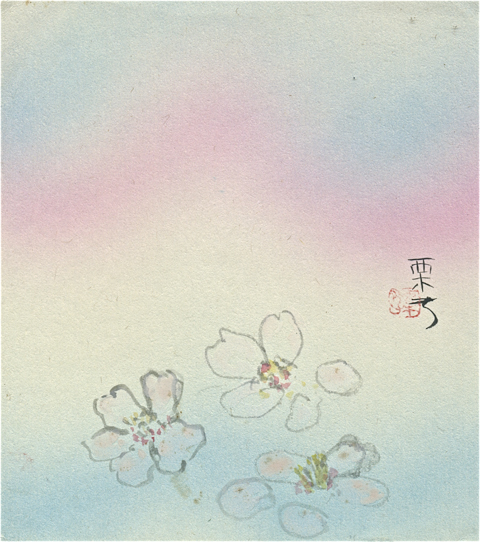
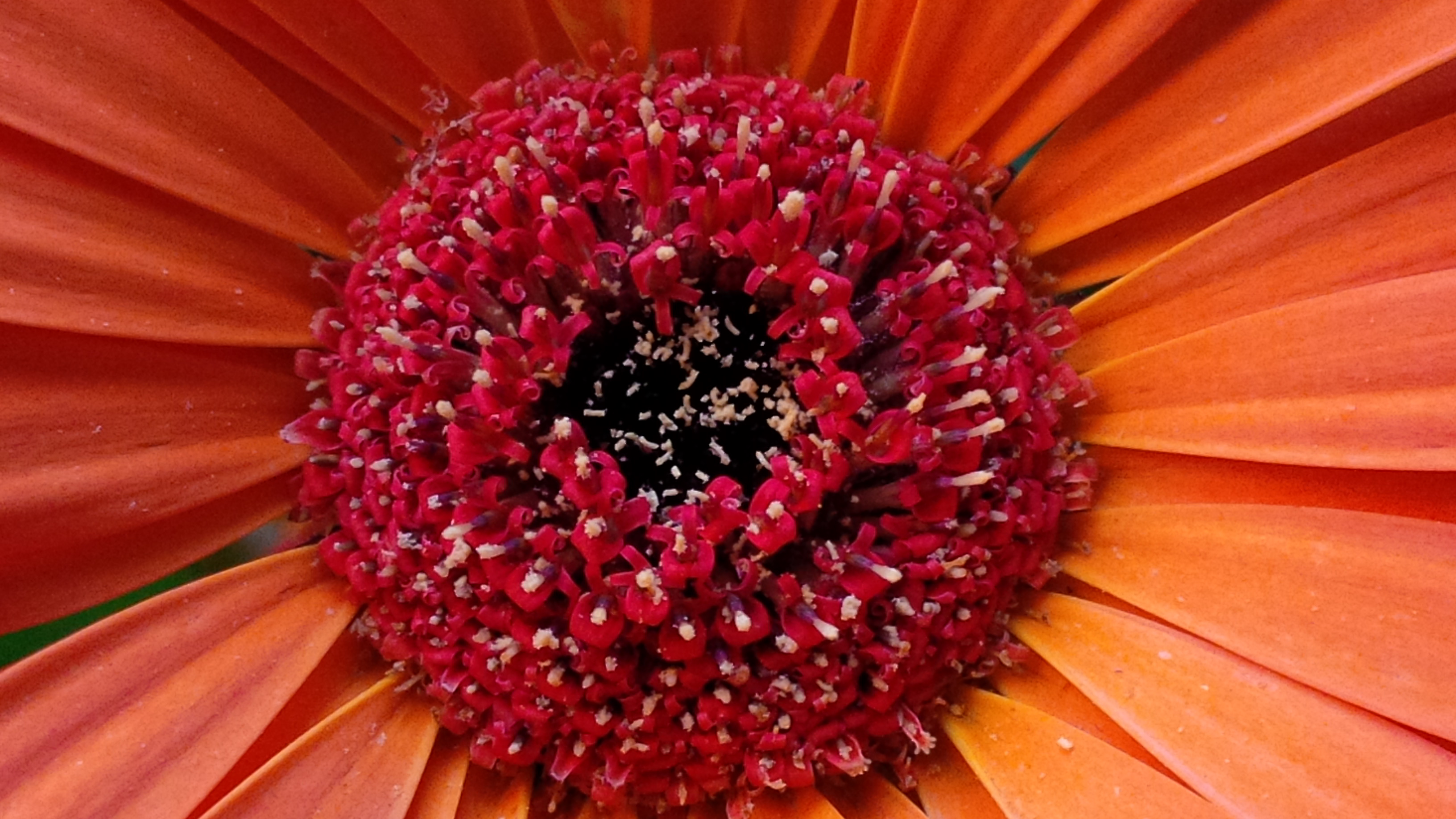
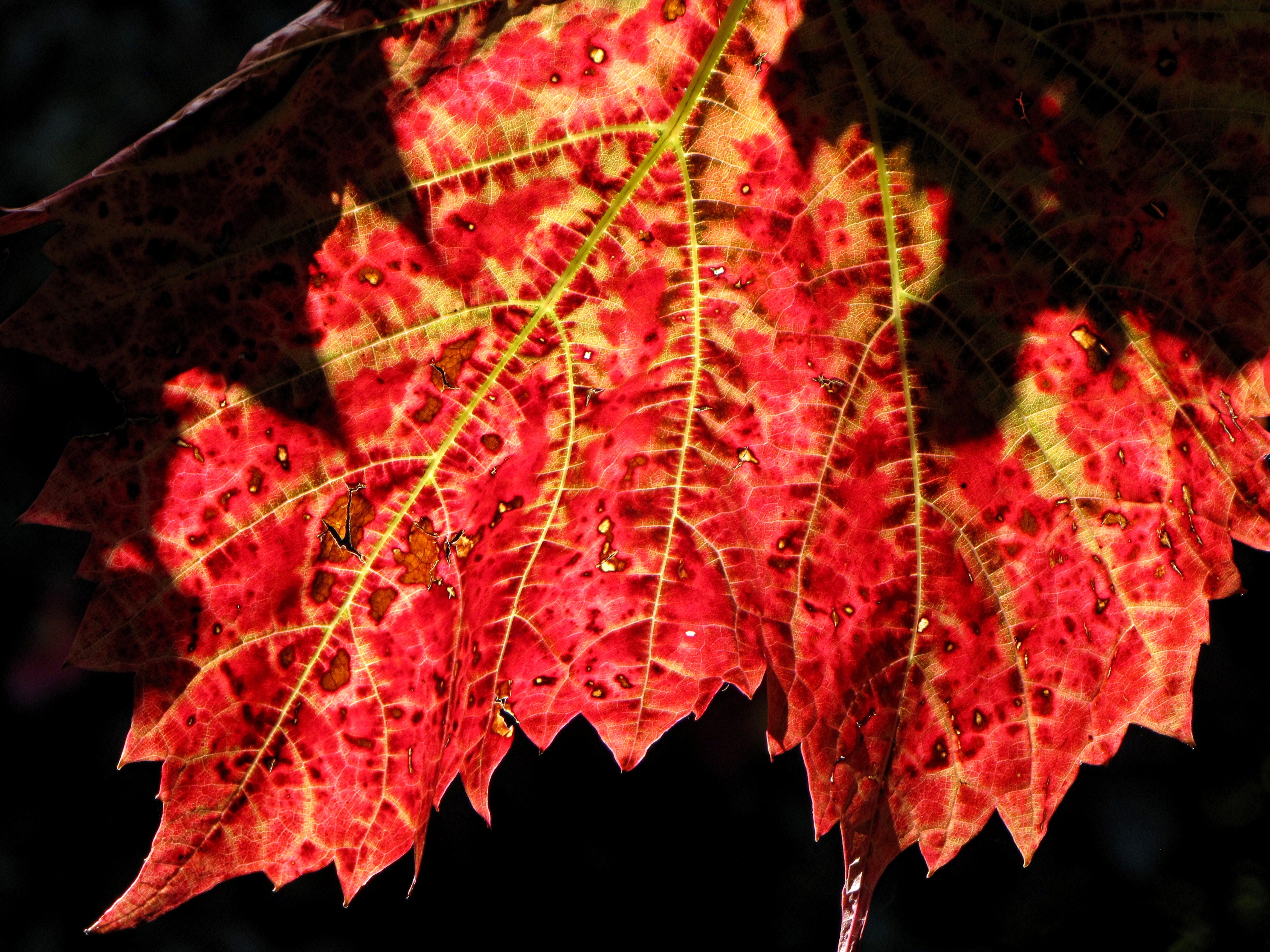
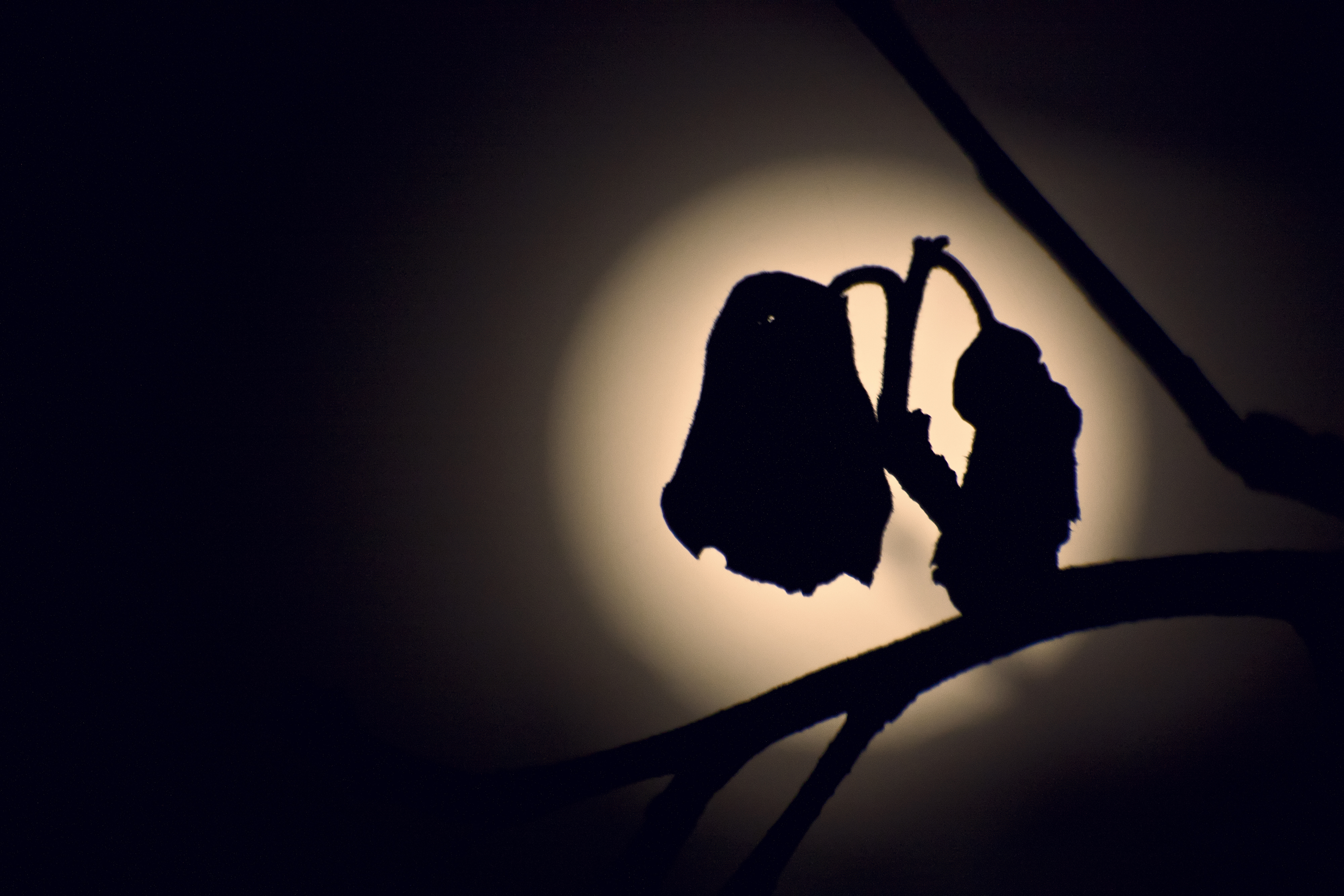
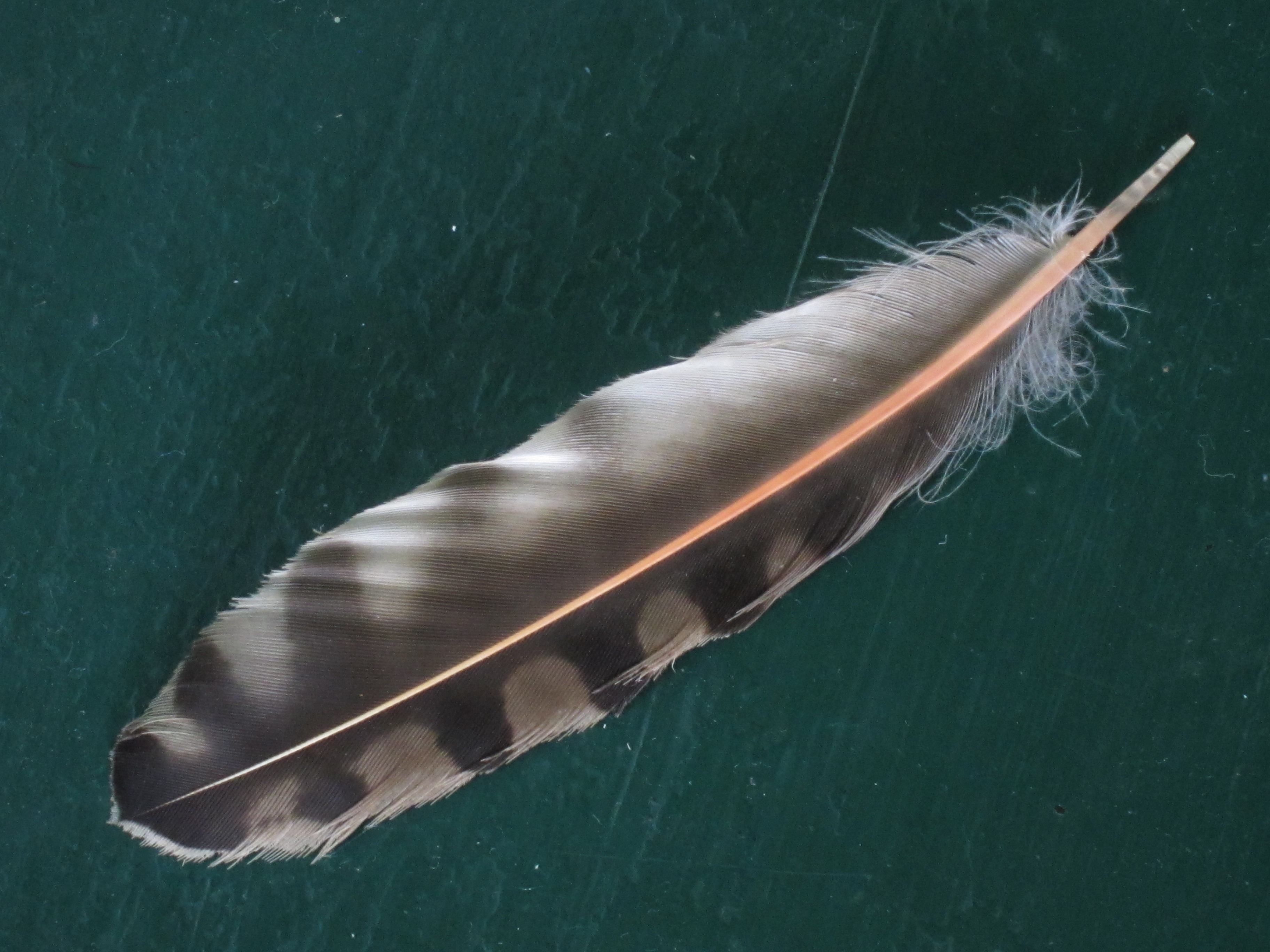
Congratulations to these artists and our deep thanks to all who sent us their work. We wish we could have used much more of it.